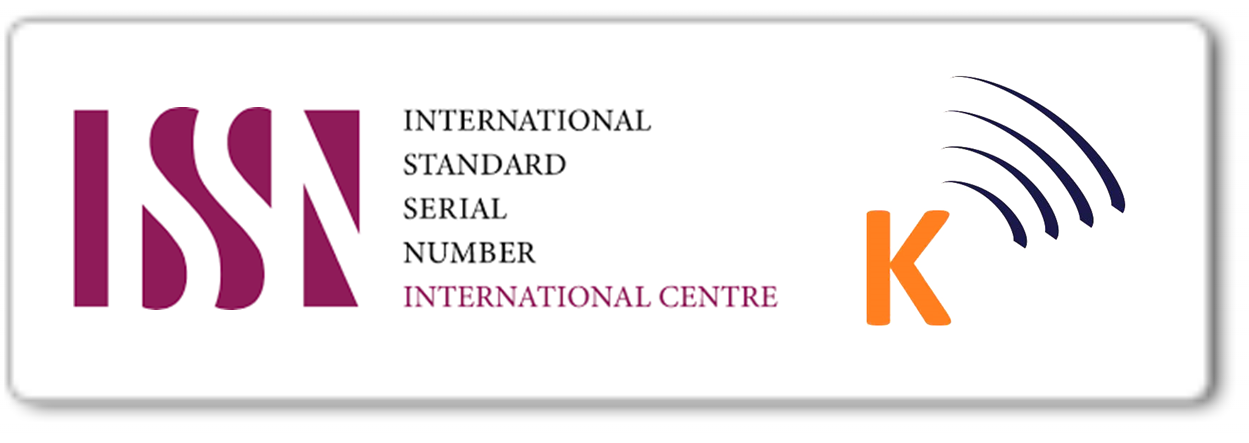PENERAPAN PEMBELAJARAN KOOPERATIF JIGSAW UNTUK MENINGKATKAN HASIL BELAJAR IPS Dl SD AIni Indriasih UPBJJ-UT Semarang Jalan. Kelud Utara III, Semarang
Keywords: cooperative learning, jigsaw, STAD
Abstract
This study aims to idenfify the effectiveness of cooperative leaming of Jigsaw and STAD models at elementary school students. Specifically this study aims to (i) identify the learning activities of students in Jigsaw and STAD model, and (ii) identify the effect of cooperative learning on student outcomes, and (iii) identify the effects of cooperative leaming on social skills on elementary school students. Subjects are fourth grade elementary school student of SD Sambungan 01 and 02 in Sub District of Undaan in Kudus Regency, was randomly selected through cluster sampling technique includes two experimental groups. lt consists of 20 students for STAD model and 21 students for Jigsaw model. Collecting the data in the form of student leaming outcomes conducted during the 2009.1 academic year through tests and non test. Data was analyzed using ANOVA and testing requirements through the normality test and homogeneity of variance. Data processing activities and skills gained through observation and then be processed through descriptive analysis. Research results revealed that the implementation of cooperative learning model of Jigsaw and STAD model was capable to improve student learning activities. While the use of both models show that students only skillful in capturing the concept. The value of the influence of process skills with Jigsaw model is 59.6%, and with the STAD model is 55.5%). Average yield study showed significant differences that Jigsaw model is better than STAD model. This means that the Jigsaw model is more able to improve student leaming activity compared with STAD model. It is concluded that the Jigzaw model is better than STAD model. Teachers are advised to apply Jigsaw method of cooperafive learning model as an altemative to teaching in the classroom.
Downloads
References
Ausubel, D.P. (1974). The Psychology of meaningful verbal learning. New York: Grune and
Straton.
Degeng. I.NS. (2000). Paradigma baru pendidikan memasuki era demokratisasi be/ajar. Makalah
disajikan dalam seminar dan diskusi panel nasional Teknologi Pembelajaran V
Program Pasca sarjana Universitas Negeri Malang
Gagne,R.M,. & Briggs, L.J. (1994). Principle of instructional design. New York: Holt, Renehart
Hasan, H.S.(1996). Pendidikan i/mu-ilmu sosial (Buku n. Bandung: Jurusan Sejarah FPIPS IKIP
Bandung
Jahiri K. (1994). Profil guru /PS masa depan. Makalah Disajikan pada Seminar Nasional di
Jakarta tahun 1994
Shcunke, G.M. (1988). Elementary social studies: Knowing, doing, caring. New York: Pitman
Publishing Corporation.
Slavin, R.E. (2009). Cooperative learning (Teori, Riset, dan Praktik. (terjemahan). Bandung:
Nusa Media.
Somantri, N. (1994). Masalah dan prospek /PS di sekolah dan LPTK dalam pembangunan dan
era globab/isasi. (Makalah) disajikan pada Seminar Masalah IPS di IKIP Malang 1994
Solihatin E.H. (2007). Cooperative learning. Jakarta: Bumi Aksara.
Waterwort, P. (1999). The Spirit of cooperation: Using cooperative Learning strategies in teacher
education in Australia and Thailand. Thailand: UNESCO-ACEID.







